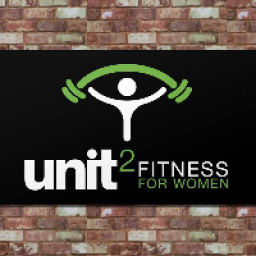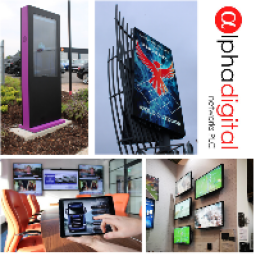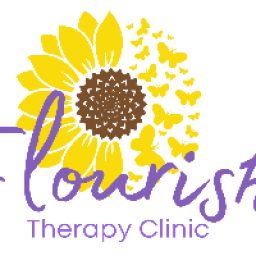Virtual reality is one of those things that many people are interested in, know little about, and can never really seem to find anywhere. Virtual reality is so complex, yet so simple at the same time.
As with every new technological advancement, researchers have tried and tested the implementation of virtual reality in many industries for efficiency, with the health and wellbeing sector being one of those. So, how can virtual reality be used for therapy? Specifically, how can virtual reality be used for eating disorder therapy, mental health therapy, obesity treatments and wellbeing coaching?
Virtual reality can be defined as the computer-generated simulation of a three-dimensional image or environment that can be interacted with in a seemingly real or physical way by a person using special electronic equipment, such as a helmet with a screen inside or gloves fitted with sensors. A substantial amount of research has been conducted into the success of virtual reality therapy, with a 2017 paper showing that both statistically and clinically meaningful reductions in PTSD, anxiety and depression symptoms occurred after including VR in treatments. But there are still many questions surrounding virtual reality and how it is implemented within therapy, so we have decided to answer them for you.
‘What is virtual reality therapy used for?’
Virtual reality (VR) can be used as a form of therapy to treat a multitude of things, including eating disorders, phobias, general wellbeing and mental health issues such as anxiety, social anxiety and depression. VR therapy is used widely as an alternative to exposure therapy, which is a common therapy technique that involves exposing the patient/client to the source of their anxiety or its context without the risk of any physical danger. This has been proven to aid the effectiveness of overcoming anxiety triggered by a situation or object. It has also proven to be especially effective at treating PTSD, body dysmorphia and improving social skills of those who have been diagnosed with autism.
VR can also be used remotely, meaning that we can treat people far more effectively who may be in a different county or even country! This enables us to reach and deliver our quality services to people who are in need of a personalised and holistic approach to therapy all around the globe.
‘Sounds effective, but how does virtual reality therapy work?’
Clients who receive virtual reality therapy will navigate through digitally created environments and complete specially designed tasks often tailored to treat a specific ailment or issue. The technology used can range from a simple PC and keyboard setup, to a modern virtual reality headset, which is what we, at Breathe Therapies, have invested in.
The digital environment that is created by the therapists and clinicians will be designed in accordance with what the client’s diagnosis is. It will then be experienced by the client through the use of the headset, and will provide them an environment that is safe, where they can face and accept their fear or diagnosis.
If this all sounds like it would benefit you or someone you know, please get in touch. We know that the use of VR within certain therapy sessions will increase the effectiveness of treatment, meaning that the person receiving the VR treatment is more likely to achieve their goal faster, whether it be to get healthier, change the way they see themselves, or overcome a fear or anxiety.
To find out more about the Virtual Reality Therapy we are implementing or book a free consultation, please email enquiries@breathetherapies.co.uk or view our website at https://www.breathetherapies.co.uk/vr-therapy/#top
 Liz Henson Photography
Liz Henson Photography










